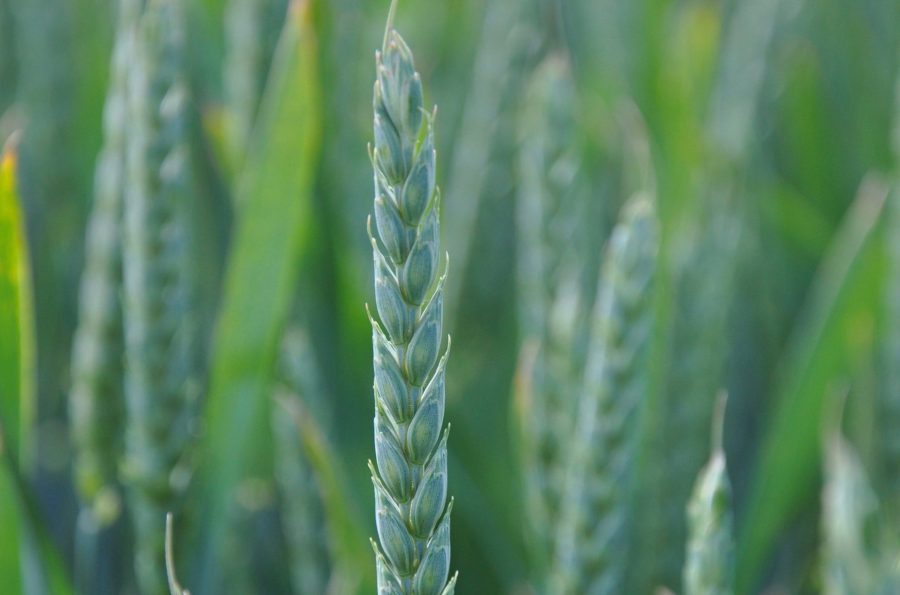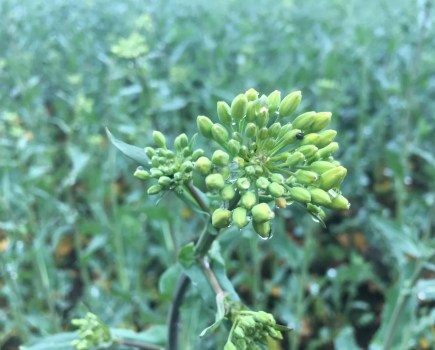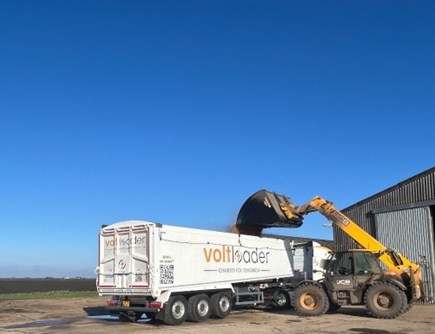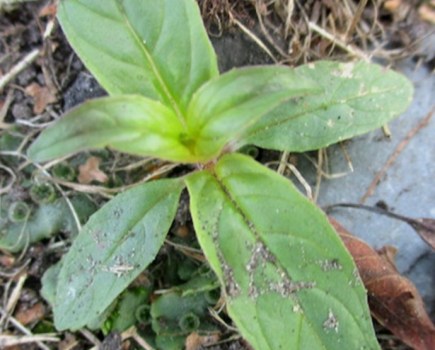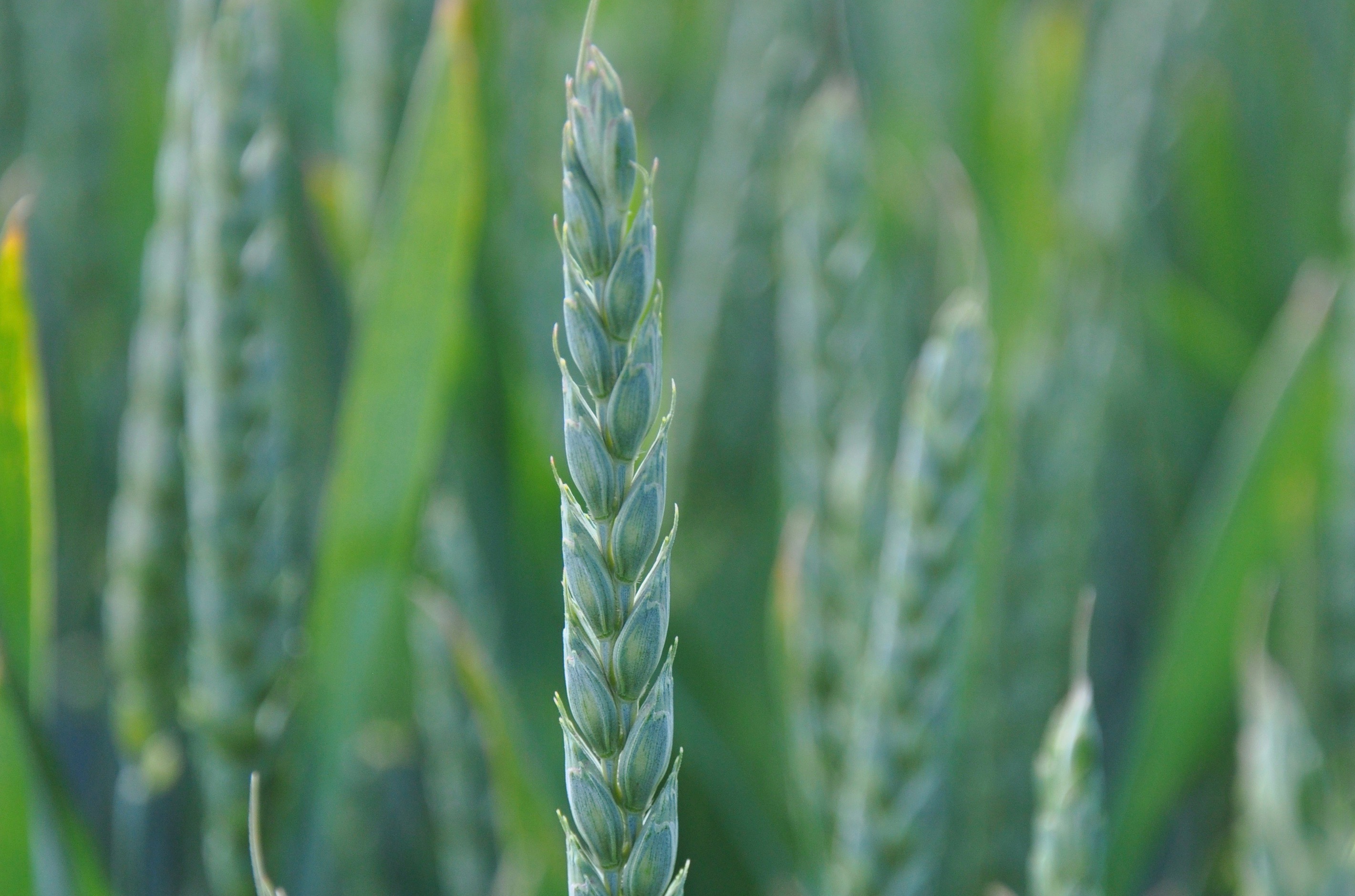 A poll carried out by Syngenta has shown that only 7% of growers plan to drill earlier than normal this autumn. Charlotte Cunningham reports.
A poll carried out by Syngenta has shown that only 7% of growers plan to drill earlier than normal this autumn. Charlotte Cunningham reports.
Despite 56% of winter wheat growers having had their drilling delayed by a month or more by last year’s wet autumn, and 27% unable to drill the majority of their winter wheat crops at all, only 7% plan to drill earlier than normal this autumn, according to the findings of a drilling intentions poll conducted by Syngenta this summer.
The poll also showed that the vast majority (nearly 87%) plan to drill at the same time as normal, with the remainder planning to drill later, and the key risks that growers felt were increased by earlier winter wheat drilling included black-grass, lodging, septoria tritici and barley yellow dwarf virus.
“On the face of the results, it appears most growers are taking a sensible approach by resisting the temptation to drill early as a knee-jerk response to 2019’s washout autumn,” says Syngenta seed and variety expert, Tracy Creasy.
“That is a good approach to take because early drilling does increase the risk of all four problems that participants in the survey identified. Nevertheless, a number of winter wheat growers were intending to drill earlier. These growers are going to have to take extra care – beginning by growing robust varieties.”
Resistant varieties
Of the winter wheat varieties growers in the poll are planning to grow this season, three out of the four most popular – Gleam, Graham and KWS Extase – all have septoria tritici resistance ratings of 6.3 or above on the 2020/21 AHDB Recommended List, says Tracy.
“Choosing a variety with a good septoria tritici resistance is a good place to start whenever you drill, but especially if planning to drill early. What is also important if drilling early is choosing varieties that have shown only low levels of lodging.”
Respondents to the poll were somewhat divided about the impact that earlier drilling has on the risk posed by diseases that threaten crop establishment, such as fusarium, with just over half (55%) feeling that earlier drilling neither increased nor decreased the risk, she adds. “Considering a seed treatment to tackle diseases that threaten establishment is important whenever you plan to drill.”

